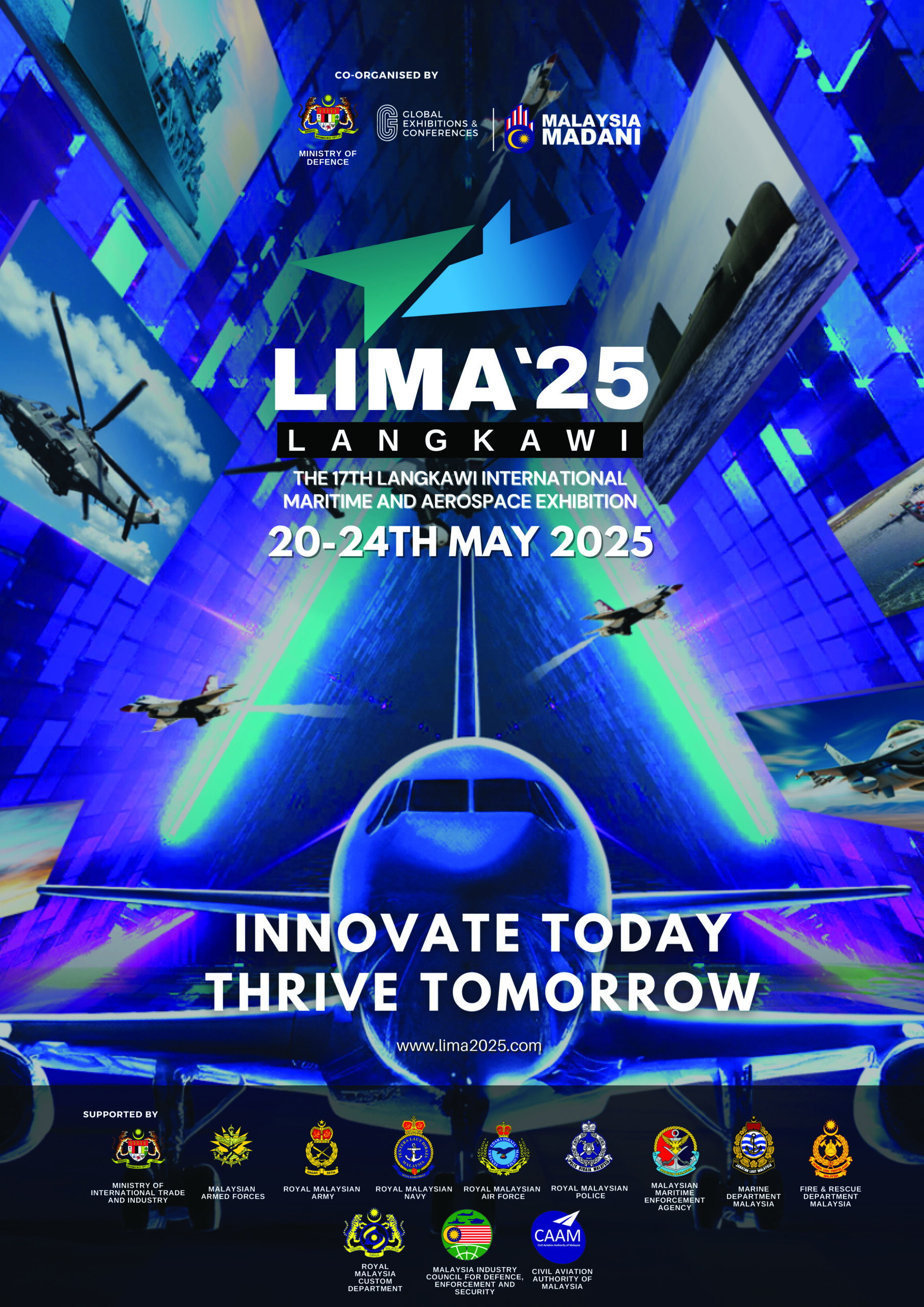
Collins Aerospace, Pratt & Whitney, and Delft University of Technology (TU Delft) have signed a master research agreement (MRA) to drive forward sustainable aviation through collaborative research. The partnership aims to explore cutting-edge areas like advanced materials, hydrogen propulsion, and industrial design, contributing to the long-term goal of climate-neutral aviation.
Over the next five years, Collins Aerospace and Pratt & Whitney, both subsidiaries of RTX, will work alongside TU Delft’s graduate research teams, students, and staff to initiate multiple projects. This collaboration will leverage TU Delft’s research facilities to explore sustainable technologies, from hydrogen propulsion to advanced manufacturing techniques.
“Collaboration between RTX engineers and university research institutions plays an important role in developing our understanding of emerging technologies, while also supporting the next generation of talent that will drive our industry forward,” said Michael Winter, RTX Chief Science Officer. “Our MRA with TU Delft – our first agreement of its kind with a European university institution – will focus on advancing technologies to support more sustainable aviation, which is key to the future of our industry.”
The first projects under the MRA will involve Collins Aerospace working with TU Delft on developing a high-speed intelligent inspection system for lightweight, recyclable aircraft materials. Pratt & Whitney will partner with TU Delft to innovate engine configurations that harness thermal energy recovery, aiming to enhance fuel efficiency and lower CO2 emissions in commercial aviation.
“We’re excited and very happy to sign this new agreement. It gives us the opportunity to step up our collaboration on sustainable aviation with the engineering teams of Collins Aerospace and Pratt & Whitney,” said Professor Henri Werij, Dean of TU Delft’s Aerospace Engineering faculty. “Collaboration with leading aerospace companies is absolutely crucial to take the necessary steps towards reaching the goal of climate-neutral aviation by 2050.”
This research agreement builds on years of collaboration between Collins, Pratt & Whitney, and TU Delft. Their joint efforts include participation in European framework programs like Clean Aviation, where they work on projects such as COCOLIH2T, focused on liquid hydrogen fuel storage technologies for commercial aircraft. The companies also sponsor TU Delft’s aerospace student association, VSV Leonardo da Vinci, and offer internship opportunities at Collins Aerospace’s aircraft interiors development facility in Houten, Netherlands.

















